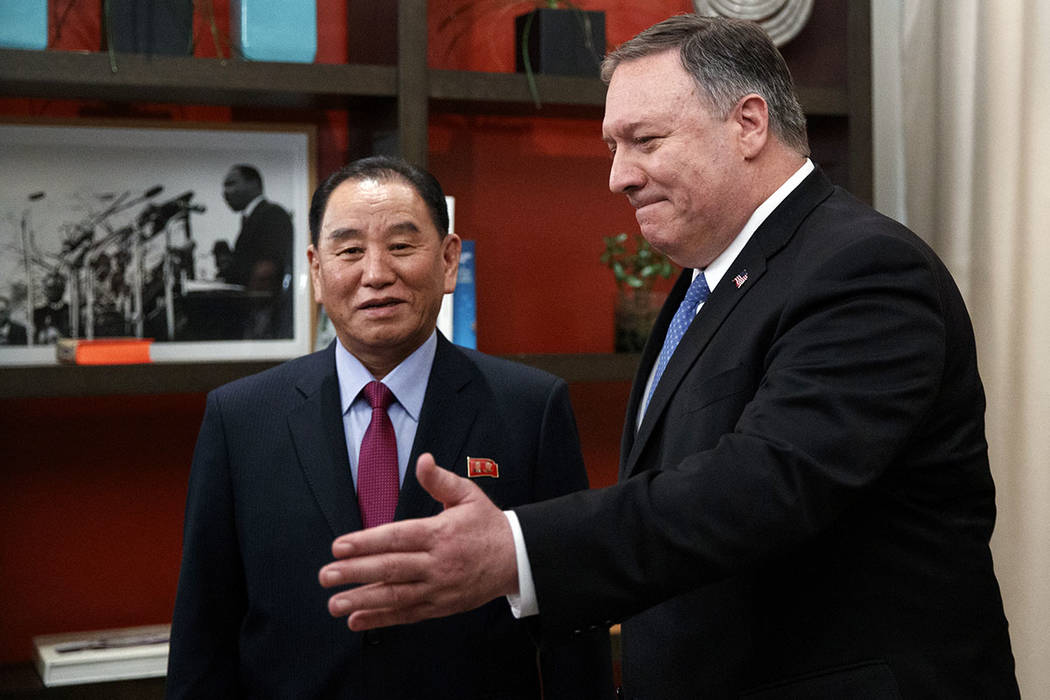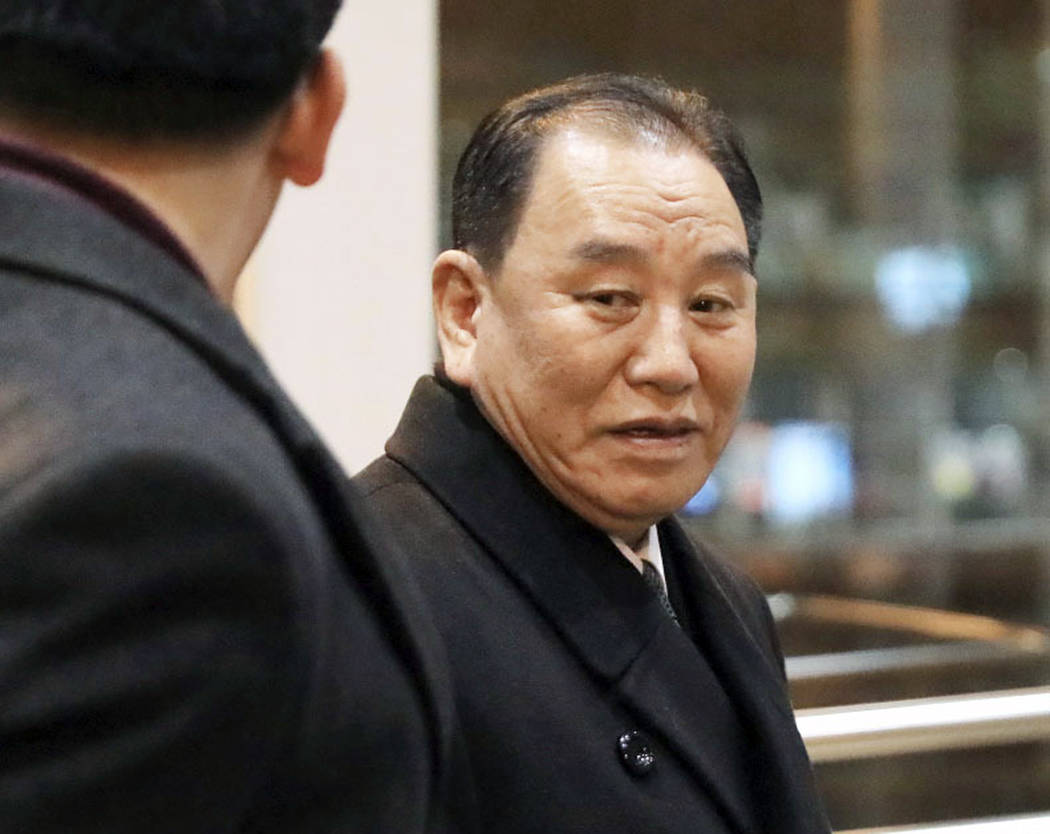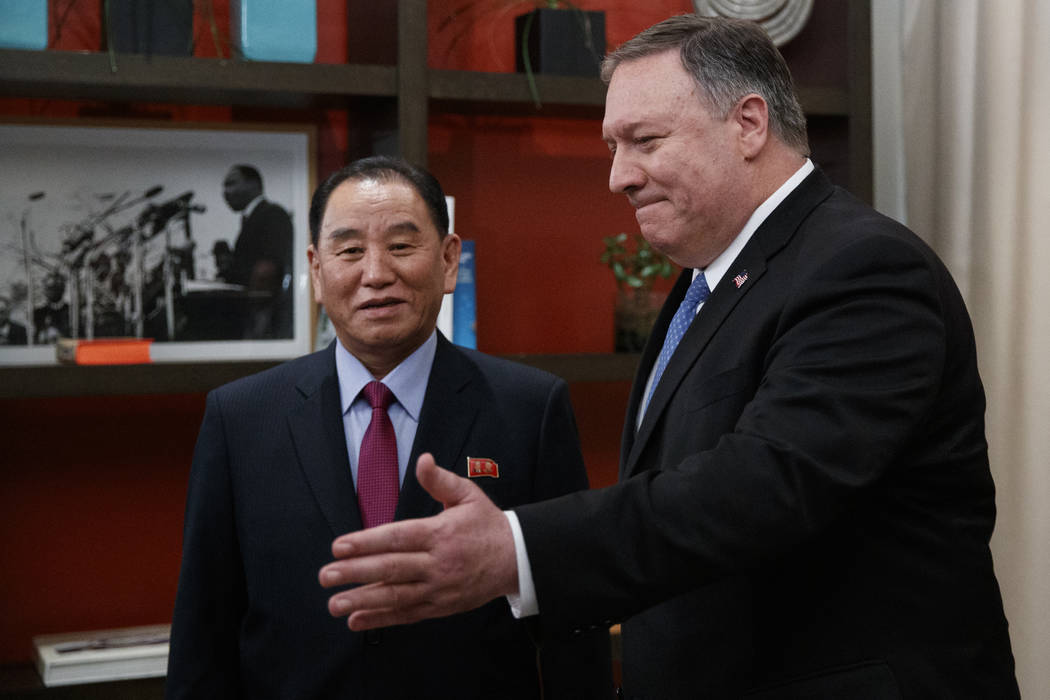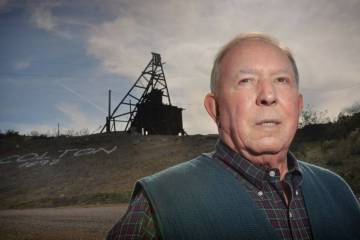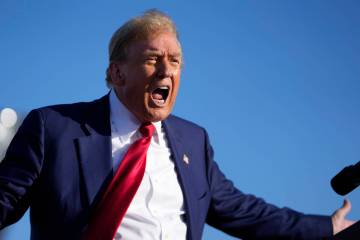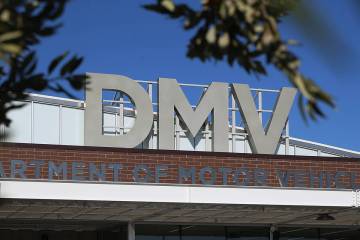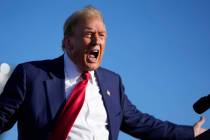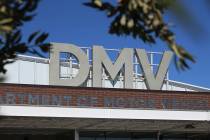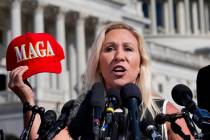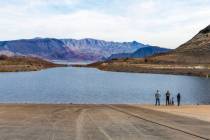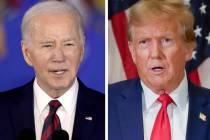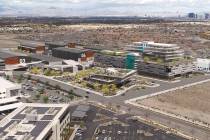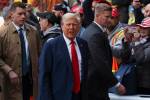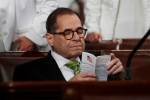Trump, North Korean leader to hold 2nd summit next month
WASHINGTON — President Donald Trump and North Korean leader Kim Jong Un will hold a second summit in late February, the White House announced Friday after Trump met with Kim’s top aide.
The White House did not disclose the location of the summit, which would be a follow-up to the first summit between Kim and Trump held last June in Singapore.
“President Donald J. Trump met with Kim Yong Chol for an hour and half, to discuss denuclearization and a second summit, which will take place near the end of February,” Press Secretary Sarah Sanders said in a statement. “The president looks forward to meeting with Chairman Kim at a place to be announced at a later date.”
The announcement came the same week that Vice President Mike Pence declared that Pyongyang had failed to take “concrete steps” to “dismantle the nuclear weapons that threaten our people and our allies in the region.”
Kim Yong Chol, a former spy chief and lead negotiator for the Democratic People’s Republic of Korea, met with Trump in the Oval Office for 90 minutes Friday after earlier meeting with Secretary of State Mike Pompeo at a hotel in Washington’s Dupont Circle.
Trump has spoken several times of having a second summit early this year. Vietnam has been considered as a venue, along with Thailand, Hawaii and Singapore.
The U.S. and North Korea seemed close to war at points during 2017. The North staged a series of weapons tests that brought it closer to its nuclear goal of one day being able to target anywhere on the U.S. mainland. The two sides then turned to insulting each other: Trump called Kim “Little Rocket Man” and Kim said Trump was a “dotard.”
Trump points to Pyongyang’s failure to launch nuclear missiles in 2018 as proof the Singapore summit advanced the cause of peace.
“When I came here, this country was headed to war with North Korea,” Trump told reporters recently. “And now we have a very good dialogue going.”
….We are substantially subsidizing the Militaries of many VERY rich countries all over the world, while at the same time these countries take total advantage of the U.S., and our TAXPAYERS, on Trade. General Mattis did not see this as a problem. I DO, and it is being fixed!
— Donald J. Trump (@realDonaldTrump) December 24, 2018
Washington’s reaction to the summit announcement was diffuse.
Former Obama undersecretary of state Ellen Tauscher dismissed the Singapore summit as a photo op that “legitimized” Kim on the world stage, while producing no tangible disarmament. At the end of the Singapore summit, she noted, Kim and Trump signed a joint statement calling for the denuclearization of the Korean Peninsula, without stipulating what that means.
“Why,” Tauscher asked, “should we expect the second summit” to deliver anything?
Korean specialist Jenny Town of the Stimson Center countered, “Just because we don’t get a comprehensive agreement out of a summit meeting, that doesn’t mean the summit is a failure.”
Many D.C. foreign policy figures are “kind of stuck” in “the traditional way that America does diplomacy,” said Town – with working groups laying the groundwork and national leaders following that path.
There was little such preparation before the Singapore summit.
The U.S. position on negotiations had been to “denuclearize first,” then lift sanctions against Pyongyang, said David Maxwell of the Foundation for Defense of Democracies. North Korea wants to “change the relationship with the United States. They want to build trust and then denuclearize.”
“Working-level negotiations may be able to split the difference,” Maxwell noted.
Contact Debra J. Saunders at dsaunders@reviewjournal.com or 202-662-7391. Follow @DebraJSaunders on Twitter. The Associated Press contributed to this report.



